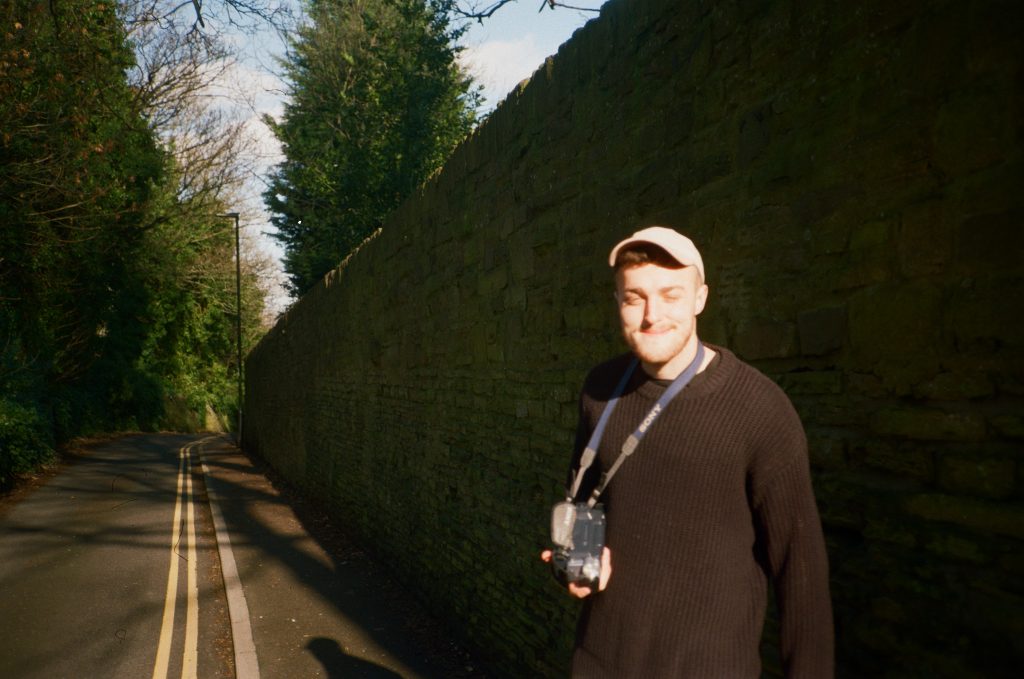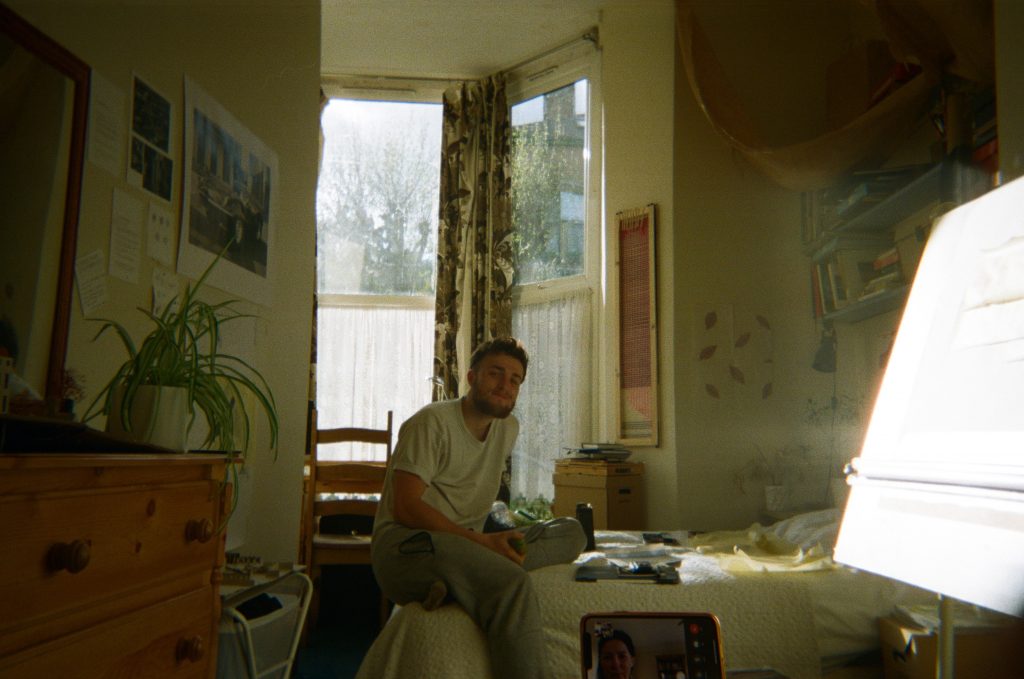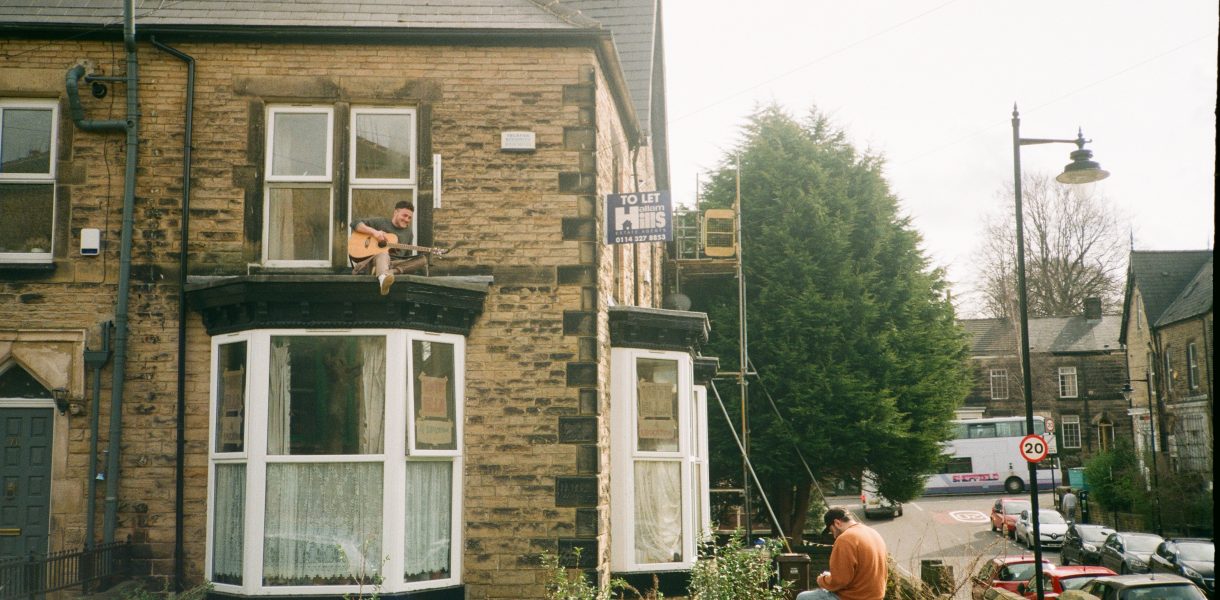How the Pandemic Demotivated Musicians and Why There’s Hope
After over a year of cancelled plans, weird new hobbies, and abandoned side projects, it seems like there may be some light at the end of the tunnel. To say the past year has been difficult for independent musicians and creatives would be an understatement; what was thought to be just a two-week novelty for us to return with new skills and improved techniques under our belt, became a mental marathon with many of us doing our best to reach the end without having given up our craft. Now with more and more optimism pouring all over our online spaces, there is hope for a return to ‘normality’.
We need to take stock, to appreciate that progress is not linear, and that there will always be more that we could do.
Tom Featherstone
With this resetting and our eyes set on gigs, festivals, and live performances returning (whether on June 21st or later), there is an opportunity to assess our mental wellbeing and motivation as independent musicians. Looking at what the pandemic took away as motivators, we can look forward to the potential of these psychological aspects returning whilst also remembering the lessons and practice of rest and grace we were forced to embrace over the past 18 months.
A Career in Cyber
The year had its fair share of demotivators including the UK government telling us to ‘retrain’ – honestly, what was that?! In addition, we felt the absence of external motivators with concerts, festivals, studio recordings, and rehearsals being taken off the agenda in March 2020, placing extensive emphasis on individual’s ability to consistently self-motivate and regulate.
People are motivated for and by many different factors, external and internal. There’s a whole bunch of psychological theories and studies that unpack it all, but the one I’m most interested in is Edward Deci and Richard Ryan’s 1980 theory of human motivation, Self Determination Theory. Their theory emphasises the importance of the type of motivation over the amount stressing the need for internal motivation – or internalised – over external motivations. For musicians, internal motivation can be found when the simple act of practicing our craft gives us encouragement and joy, though – at least for me – this cannot be consistently present which is where external motivation carries the slack. For example, this can be done when we can take external regulators – such as upcoming gigs or rehearsals – and internalise them with feelings of pride or a boosted ego.
In the midst of Covid, after the initial month of racing productivity, these external regulators quickly went missing with no finish line in sight and our internal motivators were dulled. Now, as these extrinsic motivations begin to return with an increasing hope of live opportunities, rehearsals, and the thought of real-life audiences, there is an optimism that our motivation and wellbeing will start to recover; picking up the slack where our internal motivations cannot.
Psychological Needs & Musts
Ryan & Deci’s theory discusses our basic psychological needs and the necessity to have them satisfied to internalise our motivations. These needs refer to competence, relatedness, and autonomy. Simply put, we need to feel competent or effective in our environment, relating and interacting to and feeding off other people, whilst also having a sense of independence and identity within our craft.

Unsurprisingly, the pandemic really messed us up on this front! Being forced to remain at home removing the physical boundaries between work and leisure hampered our autonomy; the lack of regular performance opportunities and the diminishing amount of opportunity harmed our feelings of competence; and further restrictions meant that performing together could only be done for a large time in delayed online environments reducing our sense of relatedness. These are only examples of how these needs were reduced in musical contexts; our wellbeing and motivation is impacted on a far wider scale than just our musical experiences.
Persisting without Purpose
Accompanying our compromises and lack of clarity about when all this would end – if it ever will – a loss of purpose was common for independent creatives. Within the UCL Covid-19 Social Study, one particular study assessed how creative freelancers were affected by socioeconomic and psychosocial factors during the pandemic. It urged the need for economic and psychosocial support due to the detrimental effects of the pandemic aggravating pre-Covid issues of employment loss, financial instability, and work irregularity faced by creative freelancers as well as a distinct lack of purpose. Whilst this study concerned a wider range of creatives, these aspects are still pertinent for us as independent musicians. Similarly, in my own work over the past year researching how the pandemic affected motivation for music students at higher education institutions, a distinct lack of purpose was prominent due to a rising anxiety for future employment and opportunity.
Rest & Grace
Whilst it could be nice to be optimistic and say that, once this is over our sense of purpose and the satisfying of these psychological needs will return, but in truth they have always been in contention for independent creatives; we have to manage ourselves to sustain motivation for our craft. Our unending to-do lists can be overbearing and unsustainable if we do not regulate ourselves. Learning to get this right is a lifetime lesson and we should adopt grace when tackling this – grace for us from us.

In conversation with other musicians during my research over the past year, this realisation that we should be attributing grace to how we experienced and operated within the pandemic was consistent. But looking forward, we can learn from that grown mindset; consistently running full speed ahead is rarely the wisest option. We need rest – physically and mentally – we need to take stock, to appreciate that progress is not linear, and that there will always be more that we could do. Continuing the lifelong lessons of rest and grace is crucial for how we sustain motivation in a pandemic or in the rose-tinted future.
The Roaring Twenties
Looking forward, I cannot wait to play in front of live audiences, see my favourite artists on stage rather than on a screen, and for the last 18 months to be a memory; I hope we will get to that point. We have been forced to sit and wait for an unknown future, but hopefully we have learnt more about ourselves and our need for rest. Hopefully, this simplistic highlighting of what factors can motivate us and what it means when they are taken away can give us more hope for the future and our projects, whilst also introducing a sense of realism. Things will still trip us up, discourage, and demotivate us but there is hope that the resilience the pandemic has instilled in us will help pick ourselves back up.
Now, get me to a festival that’s actually going to go ahead!
To find out more about Tom, head over and give him a follow on Instagram and have a listen to him on Spotify!
Words by Tom Featherstone
Photos © Tom Featherstone








